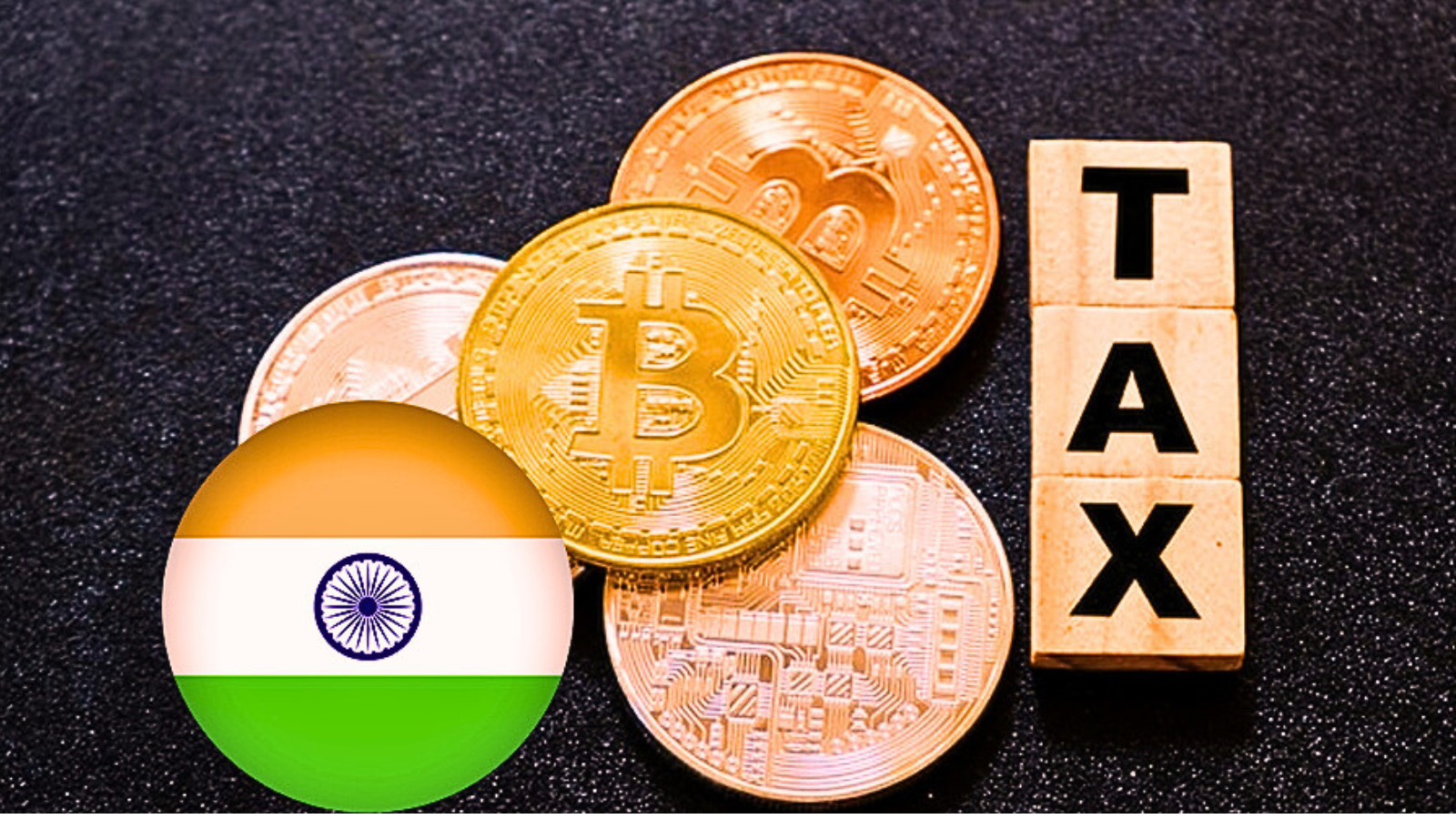It is not possible to tax on crypto in India according to the crypto tax bill’s requirements. It is important to remember that crypto tokens earned via mining must be recorded as business income when filing taxes. This means that while mining itself may not be subject to taxes, any crypto tokens earned via mining should be considered taxable business revenue. To be following the tax rules that apply to cryptocurrency mining, it is crucial to read and follow these rules.
Is It Legal To Use Cryptocurrency In India? A Discussion About Tax On Crypto In India.
In India, there are no rules about using cryptocurrencies as a form of payment. When working with Bitcoin, there are no set rules or guides for how to settle disagreements. So, people who trade in cryptocurrencies do so at their own risk. Nirmala Sitharaman, India’s Finance Minister wants to tax on crypto in India. This has sparked more discussion about whether cryptocurrencies are allowed in the country. Many are on board with taxing virtual currencies like Bitcoin since it’s a step in the right direction toward official recognition. Still, the Indian government has not yet issued a statement clarifying whether or not such currencies are legal.
It is clear from the many essential remarks made by the Governor of the Reserve Bank of India and other government officials, including the country’s Finance Minister, that cryptocurrency is unlawful but that no outright prohibition exists in India. Even though they are not controlled, the Indian government recently stated in the Union Budget 2022 that income from cryptocurrencies will be taxed at 30% plus a 1% tax at the source.
Opening Doors : Best Crypto Exchange In India To Invest…
An Income Tax On Crypto In India Mining Cryptocurrency
Mining is the practice of using computationally intensive computers or dedicated mining gear to validate and record transactions on a distributed ledger system. Blockchain networks rely on a collection of computers, or nodes known as miners, to validate transactions by solving increasingly complex mathematical problems. Different networks offer different amounts of Bitcoin to the first miner to solve the problem.
A flat rate of 30% will be applied to any money earned from mining, tax on crypto in India. When calculating profits upon sale, the purchase cost of the cryptocurrency mining will be set at zero. The cost of purchase cannot include charges like power cost or infra cost.

The 30% Tax On Crypto In India: How Is It Calculated?
Retail investors, traders, and anybody else moving cryptocurrency assets in a particular fiscal year are subject to the same flat income tax rate, regardless of whether their profits are short-term or long-term. Any gains from the sale of virtual assets are subject to a 30% tax rate. The existing tax on crypto in India maintains a flat 30% rate on all crypto revenue, regardless of whether it is investment income, company income, or the length of time it has been held.
Implications Of Tax On Crypto In India
Bitcoin and other cryptocurrencies still need to have legal cash status in India, according to the Reserve Bank of India (RBI). As a result, there need to be clear rules or standards about how to pay cryptocurrencies. This means that the Income pay (IT) department needs to provide more information, about tax on crypto in India.
Nevertheless, professional opinion has divided on the subject of whether cryptocurrency transactions are subject to taxation under the Income Tax Act 1961 and the Central Goods and Services Tax (CGST) Act 2017—the specifics of which vary by transaction type. Also, during the financial year, the Ministry of Corporate Affairs (MCA) requires companies to report any trade or purchases in cryptocurrencies.
Crypto Bill In Indian Parliament- Tax On Crypto In India
The Indian government has proposed a legislative attempt to control the booming cryptocurrency sector in the Lok Sabha, titled the Cryptocurrency Bill 2021. There has been an influx of capital into the industry in recent years, particularly during the COVID-19 pandemic, both at home and abroad, tax on crypto in India.
An explosion in activity has been seen on many Indian cryptocurrency exchanges, including WazirX, Zebpay, CoinDCX, etc. Even if the government is concerned about safeguarding young investors and entrepreneurs, an uncontrolled cryptocurrency market is still not a good thing. The government formally moved toward cryptocurrency regulation in 2021 with the introduction of the Cryptocurrency Bill. The goal of the law is to provide the groundwork for the Reserve Bank of India’s (RBI) official digital currency to be created. With a few exclusions meant to advance cryptocurrency’s foundational technology, it outright bans all other private coins.
Advice For Investors: What Should They Do? – Tax On Crypto In India
In India, there are no rules about cryptocurrencies or non-fungible tokens (NFTs) right now. After the Supreme Court struck down the Reserve Bank of India’s (RBI) 2018 effort to prohibit cryptocurrencies, the market for these digital assets was left in regulatory uncertainty, with no clear position on the matter. Legislation regarding VDAs in India is still in the process of development. The government has told people about the new tax system, but it’s likely to be changed over time.
- For the time being, people who are interested in investing or trading in VDAs should study the new tax on crypto in India rules and, preferably, talk to a tax professional before getting started. Instead of engaging in off-market transactions, people should ideally trade VDAs on exchanges or marketplaces
- Remember that taxpayers can’t use one person’s earnings to offset their losses. Furthermore, profits from VDAs cannot be used to offset capital expenditures like cryptocurrency mining or NFT minting costs
- Anyone looking to buy or sell NFTs should keep an eye on what the government does to decide whether such NFTs qualify as VDAs under the Income Tax Act
For a big landscape in Crypto World, visit our website.
Conclusion
You can pick which cryptos to trade based on your risk tolerance, tax on crypto in India, and budget once you know which ones are the best for trading in India. You can make as much money as you want when you trade crypto every day. You have to put a lot of money on the line, though, if you want to make more significant gains. Now is the time to be objective and decide if the cryptocurrency you want to buy is worth it. The crypto business is expanding and doing well. Just look at the trends and put your money where you think it will do well.






